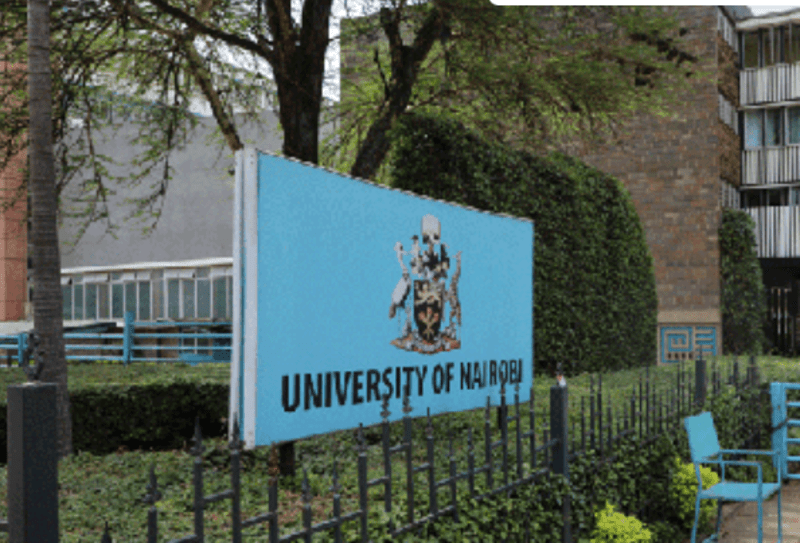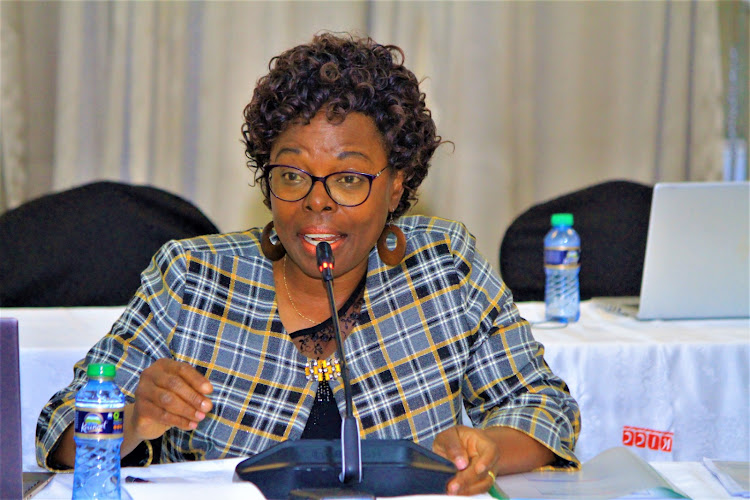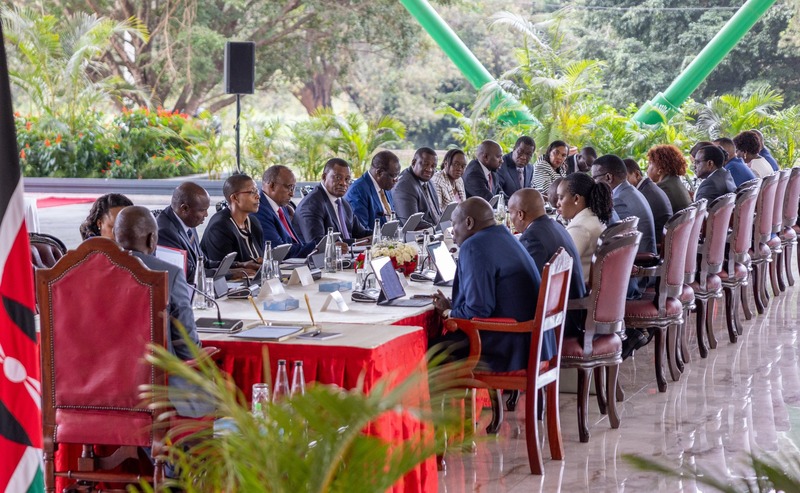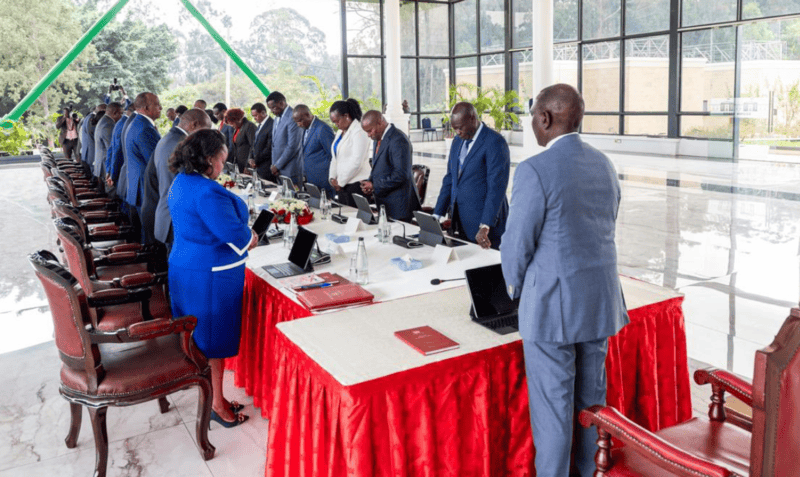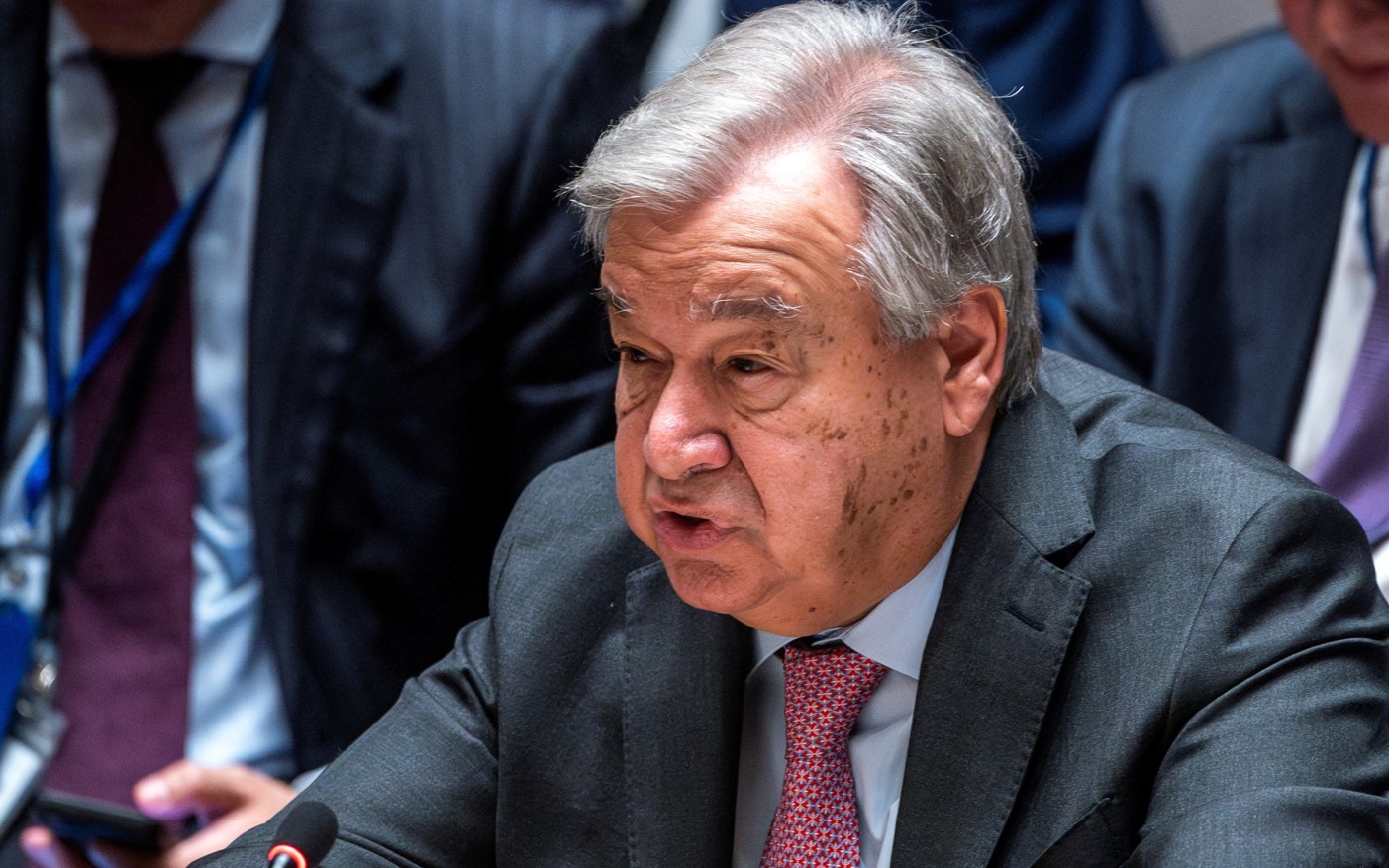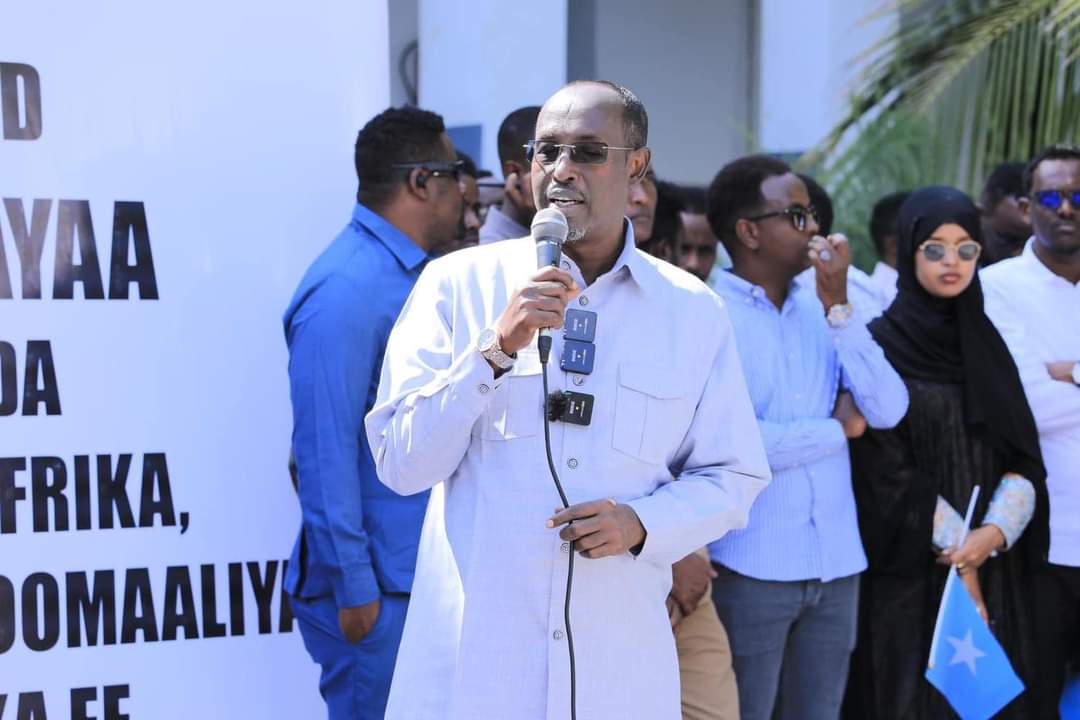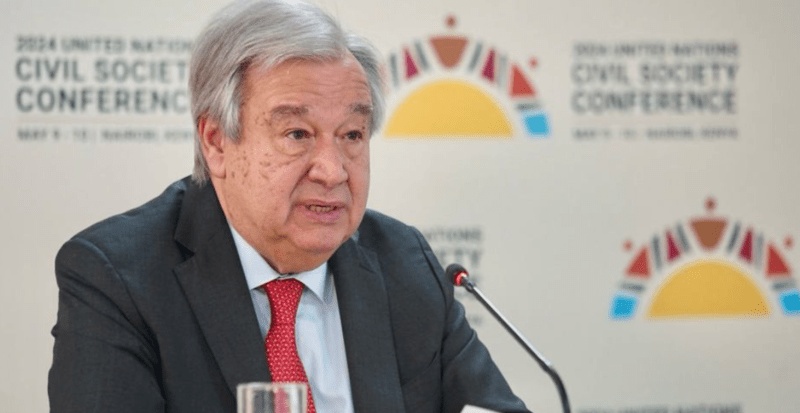US backs creation of two permanent UN Security Council seats for Africa
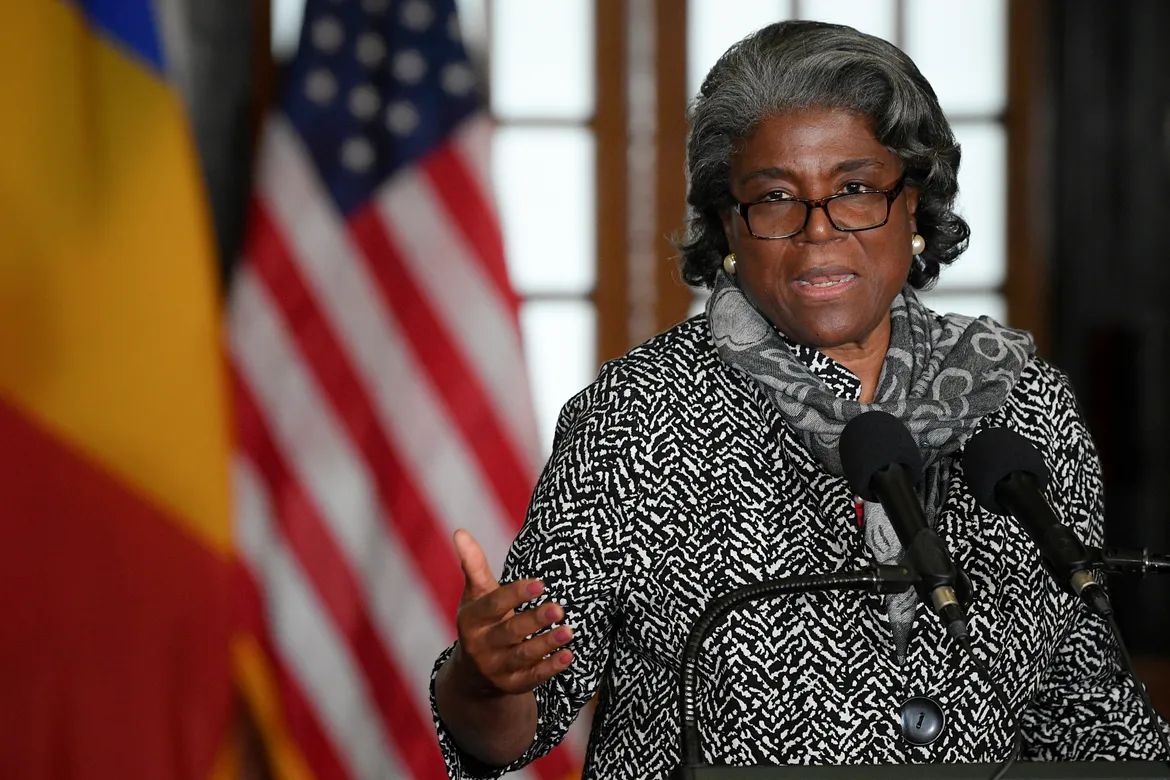
By Mwangi Maina |
The Security Council is tasked with maintaining international peace and security and has the authority to impose sanctions.
The United States will announce its support for the creation of two permanent seats at the United Nations Security Council for African states, and one rotating seat for small island developing states. This is according to US Ambassador to the UN Linda Thomas-Greenfield, in an exclusive interview with Reuters.
This initiative comes as part of a US effort to rebuild its relationship with Africa, where many have expressed dissatisfaction with Washington's support for Israel's war in Gaza, and to strengthen ties with Pacific Island nations that are key to countering China's influence in the region.
Keep reading
Thomas-Greenfield expressed hope that the announcement would "move this agenda forward in a way that we can achieve Security Council reform at some point in the future", terming it as part of US President Joe Biden's legacy.
The proposal for two permanent African seats and a rotating seat for small island developing states adds to the US's longstanding support for permanent seats for India, Japan, and Germany on the council. Developing countries have long demanded a stronger presence on the Security Council, the most powerful body in the United Nations. However, despite years of discussions on reform, progress has been limited, and it remains uncertain whether US backing will lead to concrete action.
Ahead of her announcement at the Council on Foreign Relations in New York on Thursday, Thomas-Greenfield made it clear that Washington does not support expanding veto power beyond the current five permanent members — the United States, Russia, China, France, and Britain.
The Security Council is tasked with maintaining international peace and security and has the authority to impose sanctions, enact arms embargos, and authorise the use of force. When the UN was established in 1945, the Security Council had 11 members, which was expanded in 1965 to 15, including 10 elected states serving two-year terms and the five permanent, veto-wielding members.
UN Secretary-General Antonio Guterres has voiced support for reforming the Security Council.
"You have a Security Council that corresponds exactly to the situation after the Second World War ... that has a problem of legitimacy, and that has a problem of effectiveness, and it needs to be reformed," Guterres said on Wednesday.
Any change to the Security Council's membership requires amending the founding UN Charter.
This process involves approval and ratification by two-thirds of the General Assembly, including the current five permanent members with veto power.
The 193-member UN General Assembly has been discussing reform of the Security Council for more than a decade, but there has been growing momentum for change as geopolitical rivalries have increasingly paralyzed the council, particularly following Russia's invasion of Ukraine.
"Much of the conversation around Security Council reform has been just that: a conversation," Thomas-Greenfield will state on Thursday, according to prepared remarks reviewed by Reuters. Her announcement will underline that Washington supports moving toward negotiations on a draft text to amend the UN Charter and expand the council.
Thomas-Greenfield acknowledged that it is unclear how long it might take to bring such a resolution to a vote in the General Assembly which elects five new members annually from different geographical groups to serve two-year terms on the Security Council. Currently, Africa has three non-permanent seats that rotate among states.
"The problem is, these non-permanent seats don't enable African countries to deliver the full benefit of their knowledge and voices to the work of the council ... to consistently lead on the challenges that affect all of us — and disproportionately affect Africans," Thomas-Greenfield will say.
She will also emphasise that small island developing states deserve a rotating elected seat because they provide "critical insights on a range of international peace and security issues: including, notably, the impact of climate change."
The push for Security Council reform reflects a growing acknowledgement of the need for a more representative and effective international body that can address contemporary global challenges.
Reader comments
Follow Us and Stay Connected!
We'd love for you to join our community and stay updated with our latest stories and updates. Follow us on our social media channels and be part of the conversation!
Let's stay connected and keep the dialogue going!

